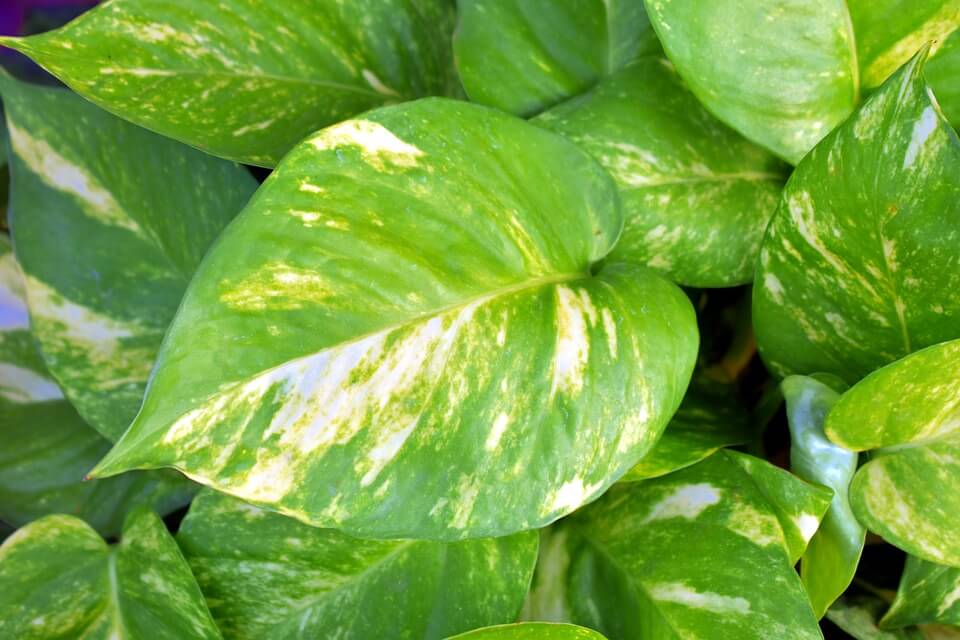
Scindapsus aureus Riverside Garden Centre
Epipremnum aureum in a pot. From spring to autumn, allow the compost to dry out between waterings - pothos is drought tolerant, and too much water will kill it. Water sparingly in winter. Feed monthly with a house plant feed in spring and summer. Repot every couple of years into a slightly larger pot.

Pothos ou lierre du diable ou scindapsus aureus, néon, doré,... dans notre pépinière à Aubagne
Common indoor plant Scindapsus aureus (Scindapsus aureus) is also known as Epipremnum aureus or under the common name "Pothos" (Pothos). This is a climbing vine with aerial roots growing out of the nodes. It originates from the Solomon Islands. The genus Scindapsus has about 20 species in total. The length of young oval and pointed leaves of.
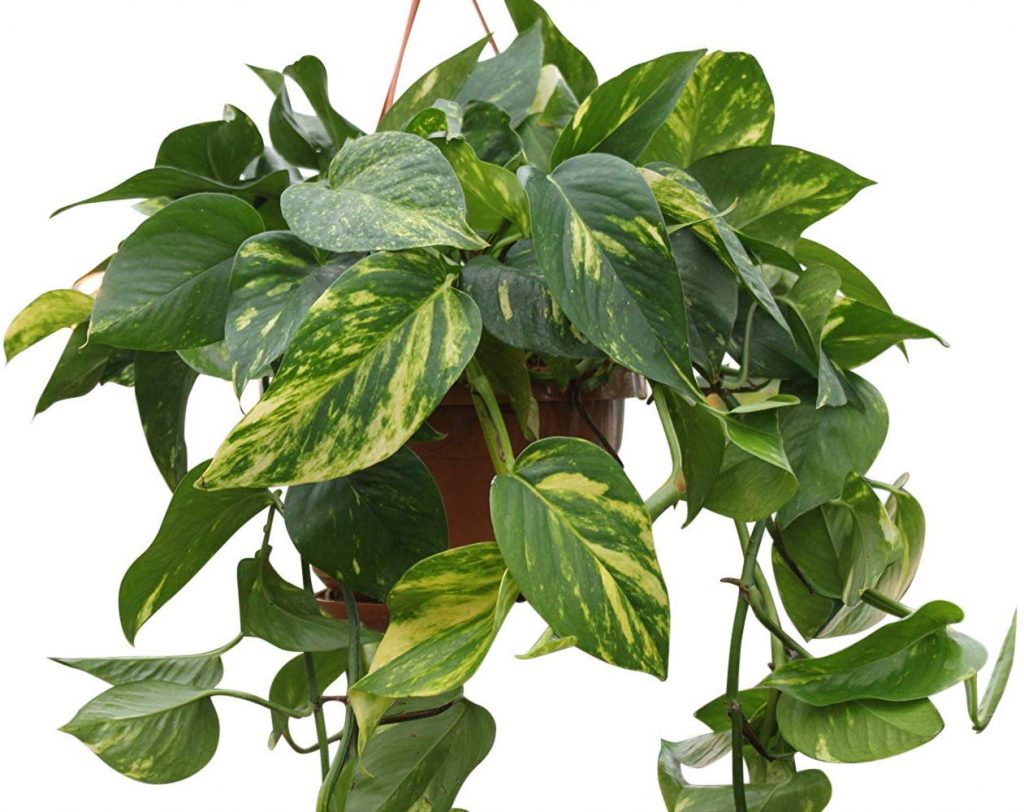
Scindapsus Aureus Commonly known as Devils Ivyin a hanging pot Garden Market Place
Cultivation. Grow outdoors in fertile but but well-drained soil in a warm, sheltered frost-free area. Grow under glass in loam-based compost in full or bright filtered light. Tip prune in spring to promote branching. See houseplant cultivation and Epipremnum for further advice.

Scindapsus Neon Stripe Plant Gardenia
Scindapsus is a genus of flowering plants in the family Araceae. It is native to Southeast Asia, New Guinea, Queensland, and a few western Pacific islands. [1] [2] [3] The species Scindapsus pictus is common in cultivation. Scindapsus is not easily distinguishable from Epipremnum. The main difference between the two genera is in the number of.

Szobafutóka 'Neon' (Scindapsus aureus 'Neon') Szobanövények fitoland.hu
To propagate your manjula pothos by stem cuttings, follow these steps: Take stem cuttings that are 4-5 inches long, ensuring that you make the cut directly below a leaf/node. Remove the leaves from the bottom half of the cutting, and submerge the exposed stem in water using a jar or some other container.

Scindapsus aureus "Neon" Pothos doré Néon Neon Devil's Ivy Faucher Botanix
The Scindapsus is a plant of many names, including the Devil's Ivy, Scindapsus Aureus, Gold Pothos, Silver Vine and Pothos. It's actually commonly known as the Devil's Ivy because it's so hard to kill! Water. Give your plant a drink once every 1-2 weeks. Watering from the base is good for this plant so it only takes up what it needs.

Scindapsus aureus 'Neon' Planthiza
Synonym: Epipremnum pinnatum Aureum, Scindapsus Aureus or Phaphidophora aureu. Common Names: Devil's ivy, Ivy Arum, and Ceylon Creeper. How to care and grow Devil's ivy (Epipremnum aureum Neon)? Light: It thrives best in a variety of light conditions and can even tolerate low light, moderate indoor light is ideal.
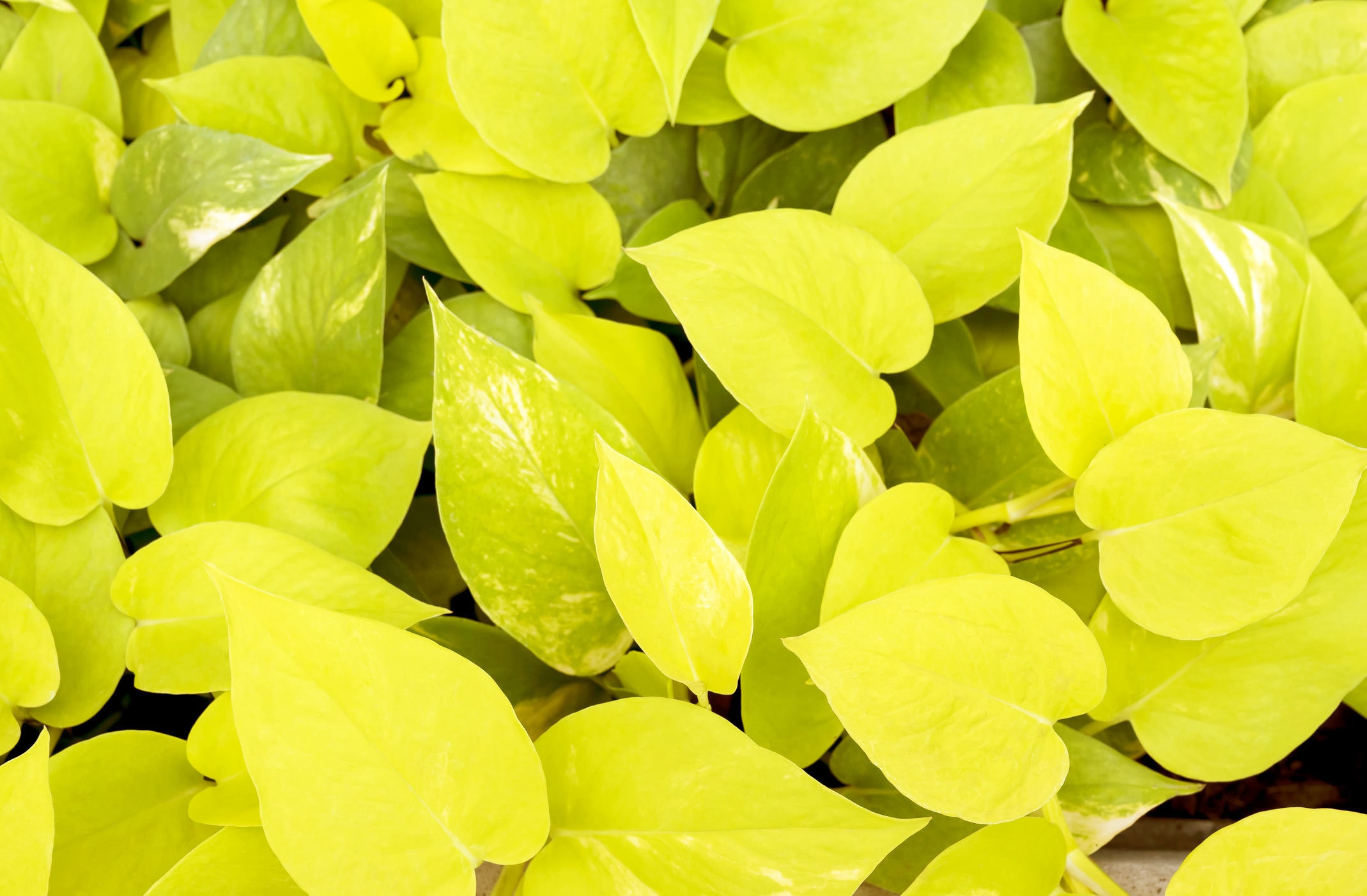
Scindapsus aureus Neon Pothos Neon Etsy
The plant is also mistakenly called a heartleaf philodendron; however, that is incorrect. Types of pothos plants: The most common plants in the Epipremnum aureum genus are the Golden pothos, neon pothos, pearl and jade pothos, and marble queen pothos. The distinguishing feature between the types of pothos is their leaf variegation.

Many Araceae Liana Houseplant Ficus Elastica, Scindapsus Aureus Neon, Schefflera Arboricola
Devil's Ivy, Scindapsus, Epipremnum, Pothos - whatever you call it, this gorgeous group of vine-like plants is one of the most popular plant families for indoor gardeners, and for good reason.. Neon (Epipremnum aureum 'Neon') This variety's almost-fluorescent chartreuse foliage gives it its Neon name and is a true show-stopper. Dragon Tail.
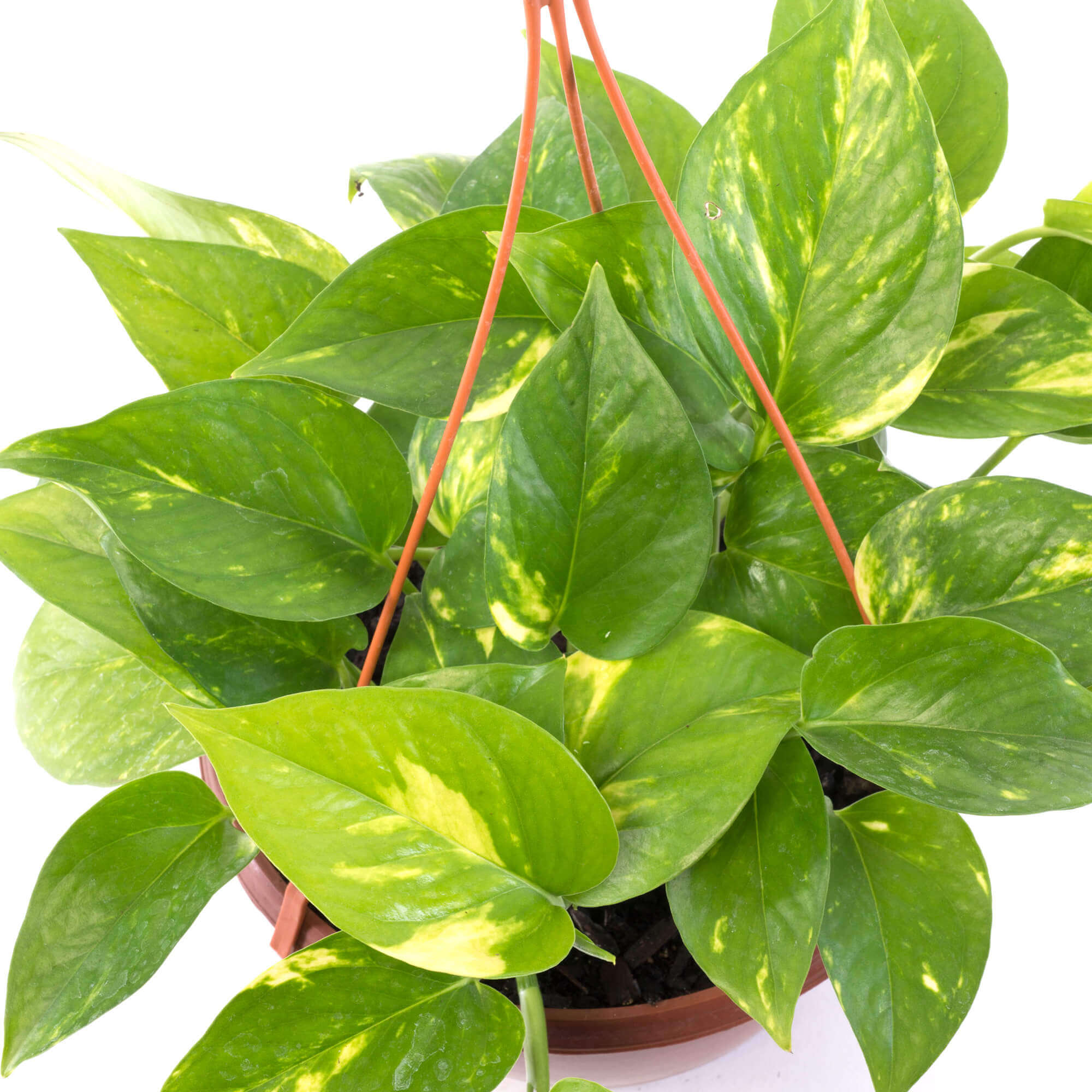
SCINDAPSUS AUREUS Zoe Nursery
Scindapsus aureus; Phonetic Spelling ep-ih-PREM-num AW-ree-um This plant has medium severity poison characteristics.. 'Neon' All yellow leaves 'Tricolor' Leaves variegated with white, stems off white 'Golden Pothos', 'Jade', 'Lime', 'Marble Queen', 'Neon', 'Tricolor' Tags:

Scindapsus aureus "Neon" Faucher Botanix
How to root Pothos stem cuttings in water. Take a 4-6 in. stem cutting from a healthy Pothos plant. Ensure the cutting has at least 2-3 leaf nodes and some aerial roots. Strip off the lower leaves and place it in a jar of plain water, ensure at least one leaf node is covered in water as well as the aerial roots.
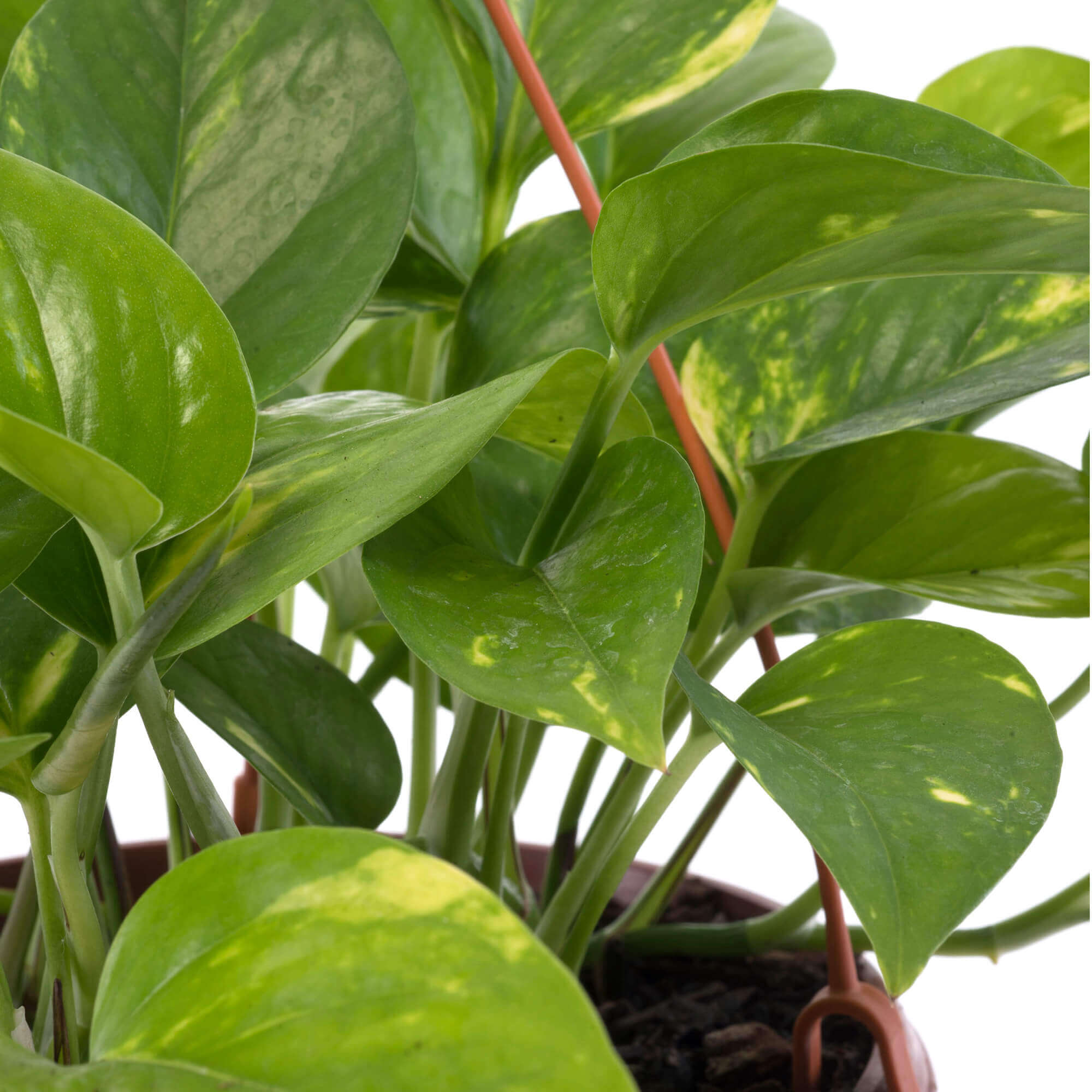
SCINDAPSUS AUREUS Zoe Nursery
Native to the Solomon Islands in the South Pacific, the Epipremnum Pothos is scientifically known as Epipremnum aureum. Having 15 different species worldwide, this tropical plant's most popular types include Devil's Ivy, Goldilocks, Satin Pothos and Marble Queen. While the majority of species of pothos are suitable to grow indoors only.

Scindapsus aureus pegplant
Synonymous with Pothos areaus, Scindapsus aureus and Raphidophora aurea. Genus name comes form the Greek epi meaning upon and premnon meaning a trunk in reference to its growing on tree trunks. Specific epithet means golden. 'Neon' features chartreuse foliage that emerges pale yellow-green before maturing to varying shades of chartreuse to lime.

The Marble Queen Pothos Plant
Pothos plant care is easy to get right - give a little light, some water and warmth and it looks after itself. It used to be known scientifically as Scindapsus aureau or Phaphidophora aureu. More recently, it can still be known as Scindapsus aureus in some parts of Europe. However, the Botanist of today will call it Epipremnum aureum.

Scindapsus Aureus Néon Pothos Néon M My Sweet Plant
Scindapsus pictus 'Argyraeus' produces neat fir-green leaves with grey blotches; Scindapsus pictus 'Trebie''s enchanting silver leaves are marked green; Epipremnum aureum 'Njoy' is a striking green and cream-white; Epipremnum aureum 'Neon' is a cheering shade of golden lime; Epipremnum pinnatum Marble Planet has rough-textured emerald leaves; and Epipremnum aureum 'Global.

Scindapsus aureus 'Neon' Planthiza
The Neon Pothos is a subspecies-- or cultivar-- of the Epipremnum Aureum species (synonym: Scindapsus aureus) in the Araceae family, similar to the Jade Pothos. This vining grower's broader species goes by many names, such as the Golden Pothos, Marble Queen, and Money Plant, though several species hold the lattermost title.